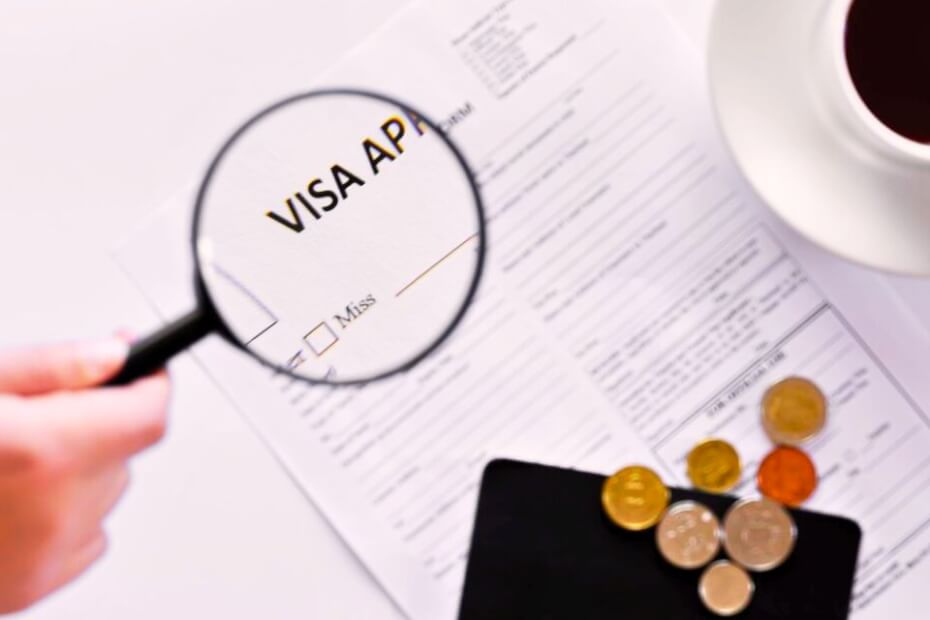
The United Kingdom (UK) introduced its new Electronic Travel Authorisation (ETA) scheme to more travelers starting in 2025. Travelers with an ETA cannot be complacent in adhering to the travel permit’s rules.
While the ETA application process is relatively easier than the UK visa application process, both operate under the same UK immigration rules. Like a visa, the travel authorization can be canceled or revoked under specific circumstances.
This article explains the reasons behind an ETA cancellation, how to avoid it, and what travelers should know about the new system.
The UK ETA scheme and digital travel permit
Non-visa travelers, such as those from the United States, Canada, and European countries, must apply and pay for the ETA before their trip to the UK. This pre-travel authorization scheme allows the UK Government to vet and pre-screen all travelers before they arrive.
The ETA application is also quicker and easier than the UK visa process. It is designed to streamline entry for low-risk travelers since the travel permit is electronically linked to a traveler’s passport.
Once approved, the ETA is valid for two years or until the passport it is electronically linked to expires, whichever comes first. During this time, travelers can visit the UK multiple times, staying for up to six months per visit.
While the ETA is not a visa, the UK can deny these permissions to travelers or cancel or revoke their right to enter the UK. As with visa holders, UK Border Force officials can still deny entry into the UK to travelers who fail border checks.
Reasons an ETA may be canceled

Travelers who received their ETA approval email will have the digital permit automatically linked to the passport they used to apply.
However, an ETA may be canceled for several reasons, even after approval. Typically, this means that the traveler has failed to meet the eligibility requirements during applying or afterward.
Below are the most common reasons for cancellation:
Criminality grounds
A UK ETA must be canceled if the person has been convicted of a serious crime resulting in a prison sentence of 12 months or more or if they have any criminal conviction unless at least 12 months have passed since the conviction.
Also, travelers must honestly declare criminal convictions during the ETA application process. If it is discovered that a traveler has withheld information about a criminal record, particularly one involving a jail sentence of one year or more, their ETA may be canceled.
Immigration violations
Immigration breaches, both past and present, can lead to cancellation. These include being an illegal entrant, overstaying a visa in the UK or another country, or working in the UK without a proper work visa. It also includes breaking the terms of a previous visa or travel permit.
Providing false information
Dishonesty during the application process is a significant reason for ETA revocation. This includes lying about criminal or immigration history, using false documents, and failing to disclose previous visa refusals or deportations.
A traveler’s ETA may be revoked regardless of whether the applicant knowingly or unknowingly provided false data or withheld information.
Outstanding NHS debts
Under UK immigration rules, an ETA cannot be refused due to unpaid health charges. However, an ETA can be revoked if the traveler owes £500 or more to the UK National Health Service (NHS).
Unpaid litigation costs
The UK Government can revoke an ETA if the traveler fails to pay the litigation costs awarded to the Home Office.
Public safety concerns
Authorities can also cancel an ETA if new information or any issue arises when a traveler’s passport is scanned at the UK border.
Similarly, if evidence suggests that a traveler threatens public safety or national security, the UK Government can revoke their ETA immediately. This includes convictions that do not fall within the criminality grounds.
Deportation orders
An ETA will be canceled if the UK declares a person excluded, if they are under an exclusion order, or if they have a deportation order or are awaiting a decision.
Tips to avoid an ETA being canceled

To ensure that your UK ETA remains valid, follow these essential guidelines:
- Provide accurate information: Be honest about having a criminal record, your travel history, and any prior visa issues. Even minor omissions can result in cancellation.
- Resolve any outstanding debts: Promptly pay any outstanding charges to the NHS or any litigation costs.
- Comply with immigration rules: Abide by the conditions of your travel authorization, including the six-month maximum stay per visit and the restrictions on work.
- Apply early: Submit your application well before travel to account for delays and allow time for corrections, if necessary.
What happens when an ETA is revoked?
If a traveler’s ETA has been revoked, they can no longer enter or transit through the UK. Even if an ETA was valid during travel, a cancellation can deny a traveler entry after arriving in the UK.
If an ETA has been canceled while the traveler is in the UK, they must leave the country immediately. In some cases, further legal or immigration action could be taken.
A revoked ETA also has severe consequences, as it may affect future applications for both travel permission and UK visas. Authorities are less likely to approve applications if they identify a history of dishonesty or violations.
Additionally, there is no administrative appeals process for ETA refusals or cancellations. If a traveler’s ETA has been revoked, they must apply for a UK visa to visit the UK.
However, the canceled permission may make approval unlikely. They may need to seek the help of immigration experts’ help to obtain permission to visit the UK.
Navigating the UK’s new ETA scheme
The UK ETA system allows non-visa travelers to visit the UK while enhancing border security. However, maintaining compliance with its rules is essential to avoid cancellation or revocation.
While an ETA simplifies entry, it is crucial to respect its conditions, as violations can have lasting consequences on future travel plans.
For travelers concerned about compliance or facing issues, seeking guidance from immigration professionals can help navigate the process effectively.

